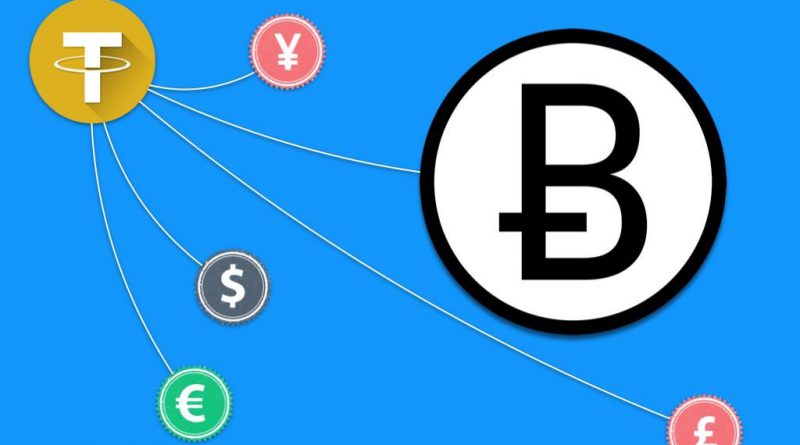Tether hacked; $31 million moved to a Bitcoin address
Tether, the world's 19th most valuable virtual currency with a $673 million in market capitalization, was hacked on November 19 and an amount of $31 million (or $30,950,010 USDT) reportedly stolen.
The company posted an announcement on Tuesday, November 21 on its website saying that the amount was stolen from the Tether Treasury wallet on the said date and moved to an unauthorized Bitcoin address 16tg2RJuEPtZooy18Wxn2me2RhUdC94N7r.
The company has said it will not redeem any of those tokens and is trying to recover them to prevent them from entering the broader ecosystem.
"If you receive any USDT tokens from the above address, or from any downstream address that receives these tokens, do not accept them, as they have been flagged and will not be redeemable by Tether for USD," said the announcement.
Tether lets users to convert cash into digital currency. It is backed by a 1-to-1 ratio by traditional currency to curb volatility, so that 1 USDT is always equivalent to 1 USD. In other words, it lets users easily tether crypto to fiat without the fears of loss of value due to volatility.
The company said it had suspended its back-end wallet service, and was providing new builds of Omni Core to its community. The builds would prevent movement of the coins from the attacker's address.
"Those tokens will be returned to treasury once the Omni Layer protocol enhancements are in place," said the company.
It was also working with the Omni Foundation to reclaim the stranded tokens.
Meanwhile, markets have responded to that hacking, with Bitcoin, although surging to higher than $8,000 in price for the first time Sunday November 19, dropping by 5.4 percent to $8,117 as a feel effect to the hack.
But Bitcoin is also an example of cryptocurrencies that have stood the test of time to sore to new heights after witnessing major hacks from Bitfinex and Mt. Gox exchanges.
Tether said its issuances have not been affected by the attack and its tokens remained fully backed by assets in reserve accounts.


